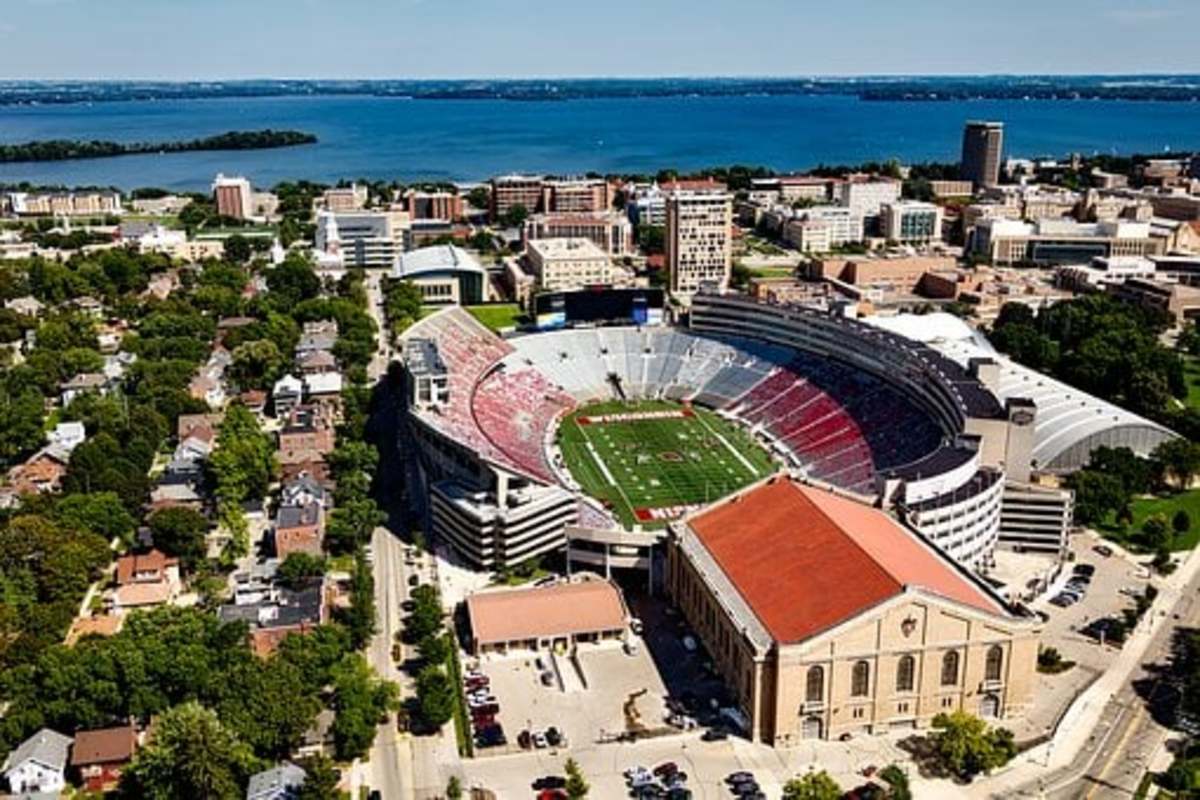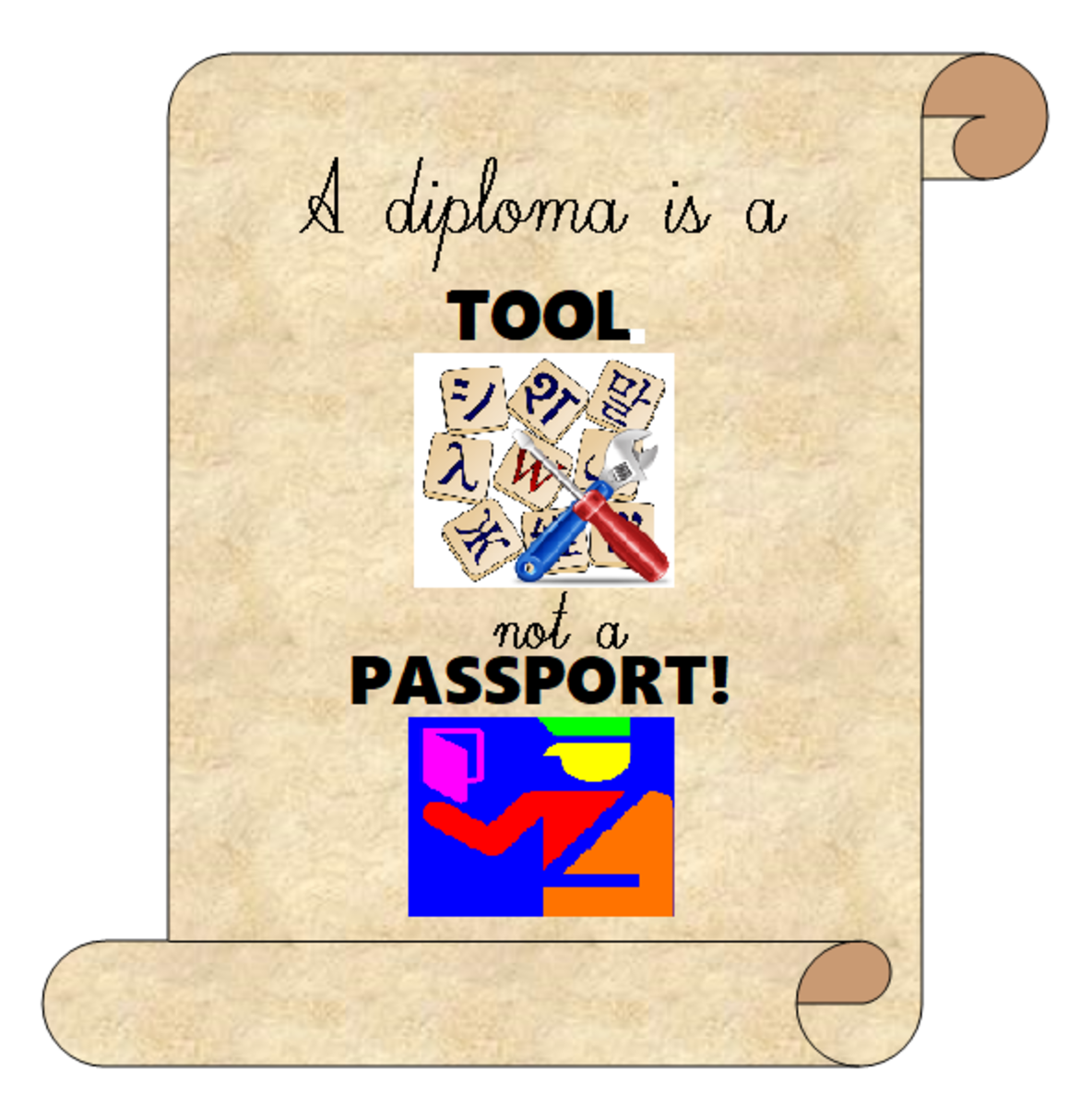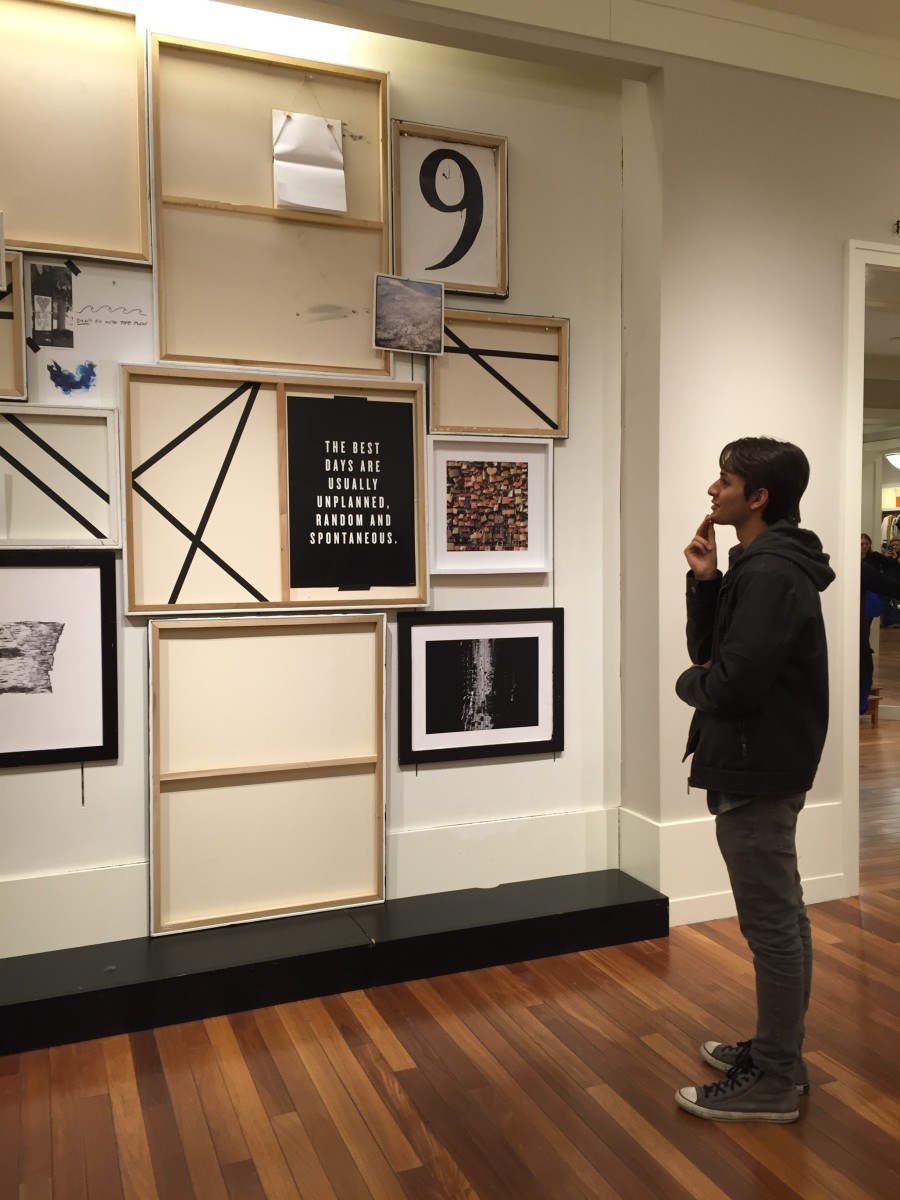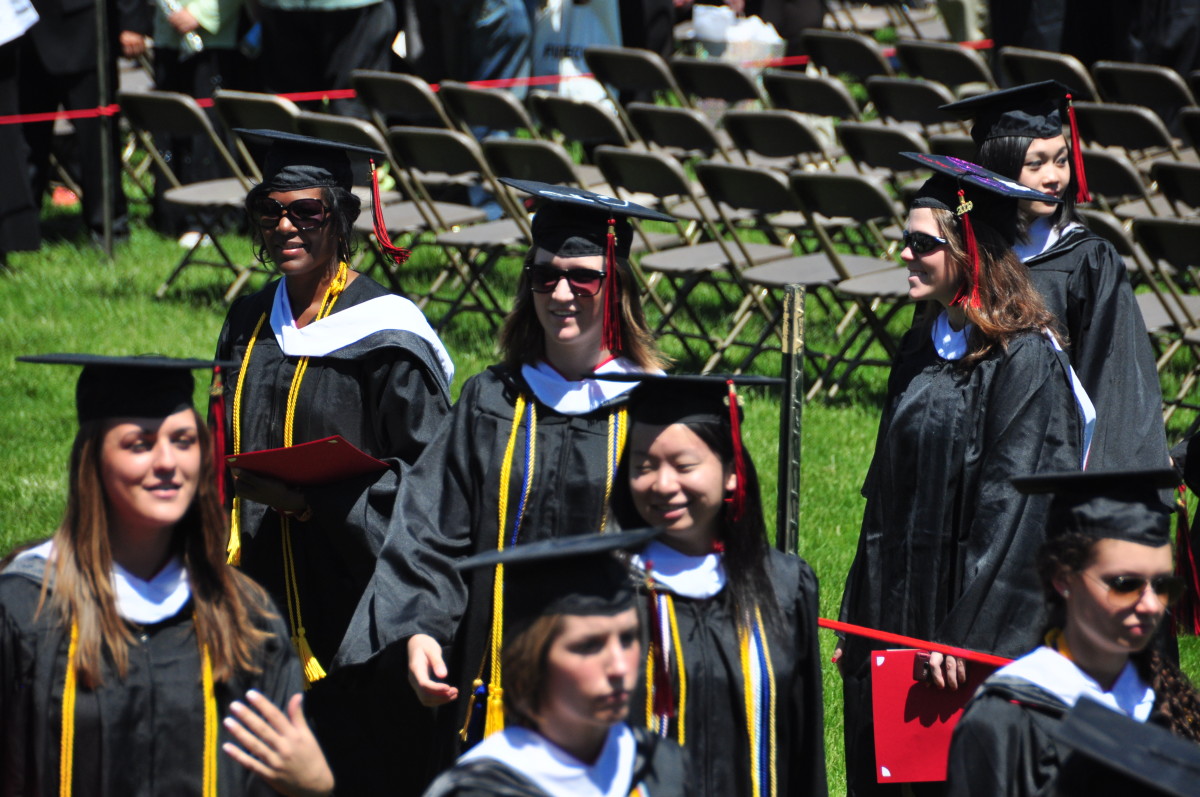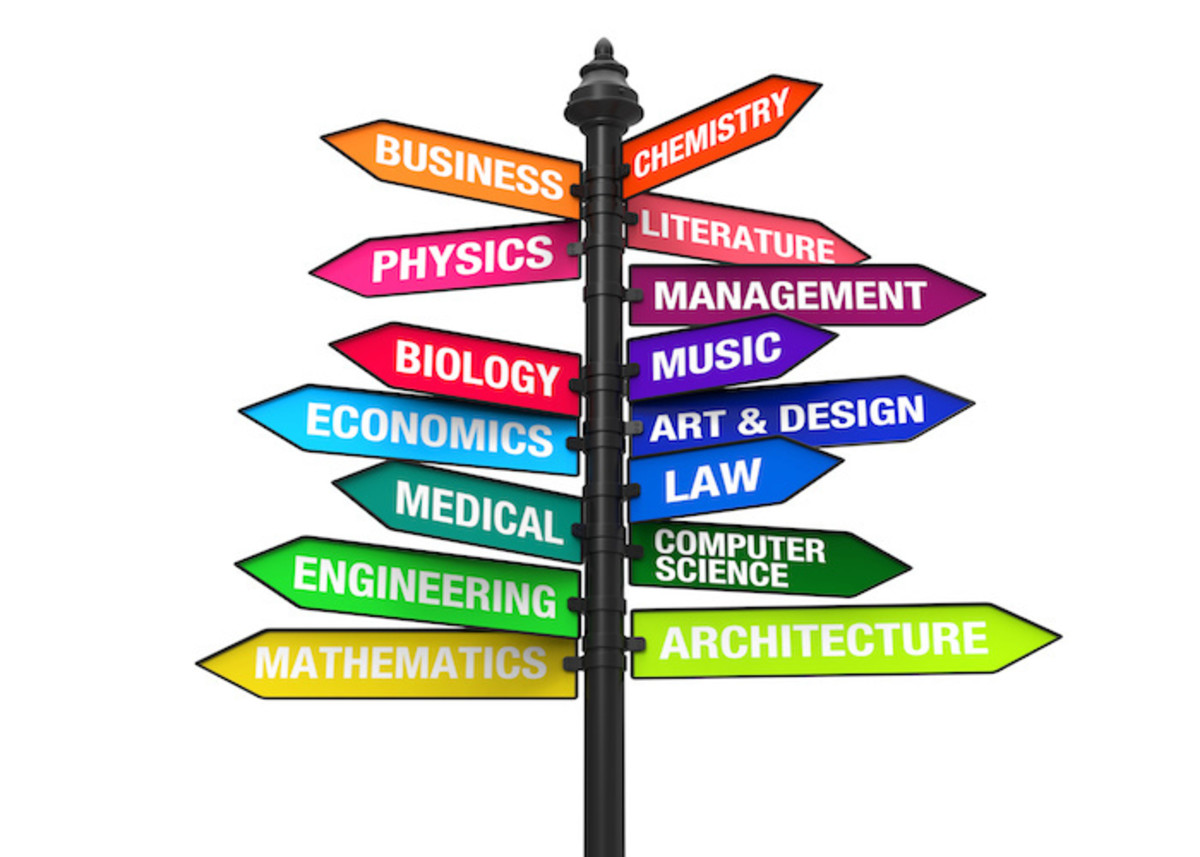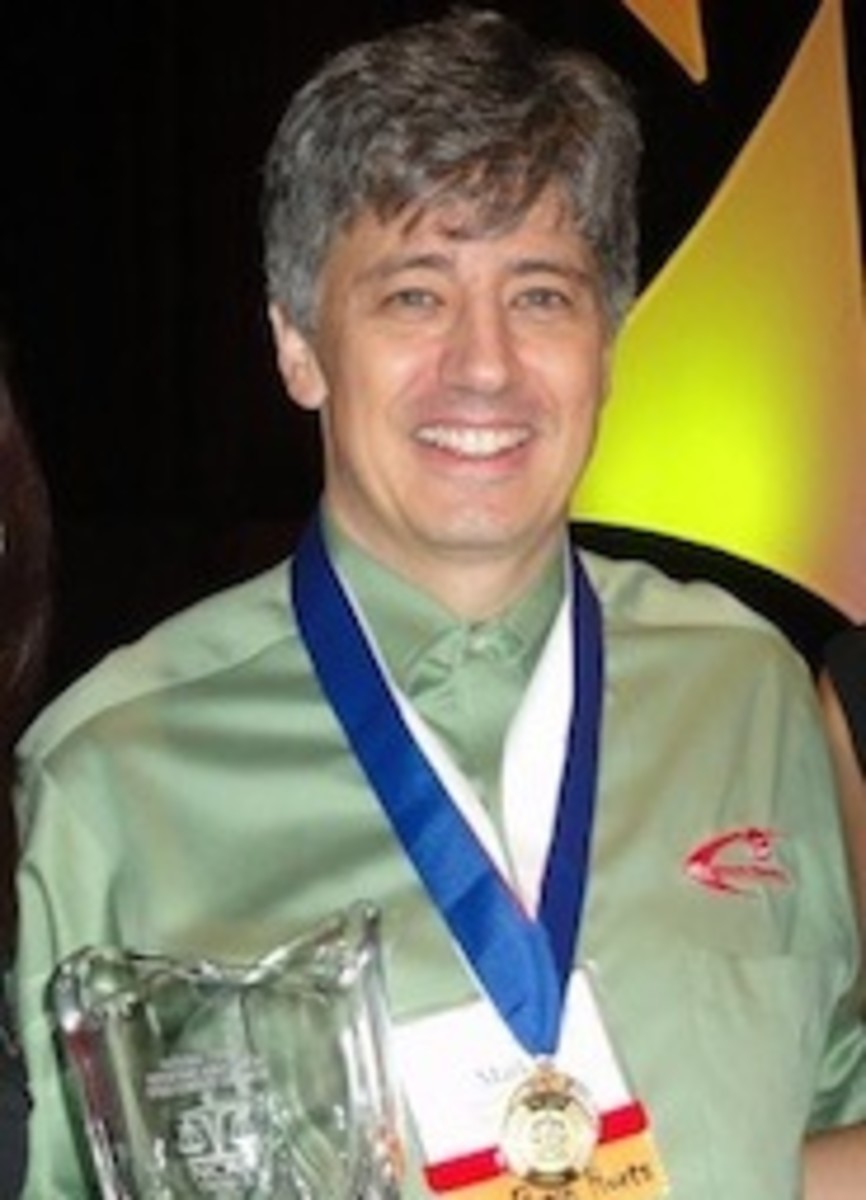What Can You Do with a History Degree?
So You Want to Study History?
Every year, hundreds of thousands of American youths begin the rite of passage known as college. Many of them know exactly what they want to do with their lives--some of them are mistaken. Others have absolutely no clue as to what type of career they desire. For many, college looks like the logical next step as the continuation of high school. It seems as though its what these youngsters are supposed to do.
One of the most popular majors that students fall into is the history major. According to a Wall Street Journal article on the "Best College Majors for a Career," history is the 18th most popular major in American colleges. Most historians are not exactly getting rich, with the median income at $50,000. While the money may not be up there with some scientific and medical fields, the unemployment rate for history majors is 6.5%, which is well below the national average
A general history or teacher education degree in history or social sciences seems to be the route to go in terms of getting employed. Those who focus more narrowly in fields such as art history or United States history fare more poorly with unemployment rates of 6.9% and 15.1%, respectively.
Woodrow Wilson
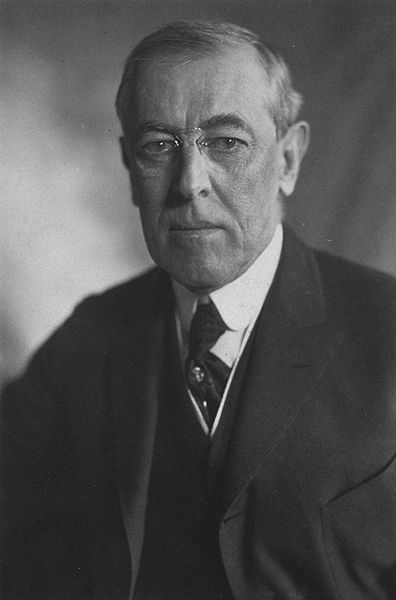
What Do Historians Do?
When I decided to study history, which was actually an interest of mine from my earliest memories, I often got questioned on my choice. "Why would you want to do that?" or "What can you do with a history degree?" were frequent inquiries I received. The goal was originally to teach at the college level. I did not achieve that goal, nor can anyone with a Bachelor's degree in history.
Some people wonder what historians do. Historians interpret past events. They do not, as some people think, merely accumulate a series of random facts and put them together. History, if done well, tells a story about the past. The story that historians tell can serve both positive and negative purposes.
Negative examples would be American slavery and the Holocaust. There are some people out there who want to ignore these events as if they never happened. There are also some people who are really "out there" who would like to say they were positive events. Remembering the stories of those who lived through these events provides a cautionary tale that will hopefully help humans avoid doing the same awful things in the future. In a very brief nutshell, this is the work of historians.
But That Isn't Very Useful in the Real World Is It?
So, historians interpret the past to make a useful narrative that shows human activity. Some might argue that this doesn't seem to be very useful in the real world. Actually, historians learn skills that many employers find useful.
The major skill that many people find useful from those trained as historians is the ability to research and interpret information. A degree in history can instill critical thinking skills into students. Those who study history are forced to look into competing arguments and analyze the evidence used to understand what is more plausible or correct.
In addition to critical thought in relation to available sources, historians are often creative. The goal of the historian is to think through problems and questions in creative ways to come up with explanations that make sense based upon the evidence available--the "facts" of history. At times, this involves thinking outside the box, which is something that some employers find useful.
- Getting a Job with a History Degree
If you were to ask any aspiring college student why they were starting their journey in higher education, it is very likely that about 90 percent of them would say that they wanted a degree to get a good job. Others want to become good citizens.
What Can You Do with a History Degree?
The types of jobs available to those trained as historians are quite broad, especially if the history major is willing to work on additional studies. Here is a list of some of the jobs in which historians may find themselves:
Primary or Secondary School Teacher (generally needs teacher education classes and certification for public schools)
College Professor (requires a graduate degree in history)
Online Instructor (nice side income that usually requires at least a masters degree with 18 hours in history)
Historian (many state agencies and businesses, as well as historical societies have need of historians)
Living History and Public History (historic sites often employ reenactors or historical interpreters to bring the past to life to the general public)
Retail Management (some companies that students work for during college merely require a degree)
Writer/Editor (historians are required to write extensively, and many have a solid grasp of the English language)
Government (this is a broad category, but a history degree can open many doors in this sector, especially for students with some business or political science electives)
Law (a history degree is a frequent stepping stone to law school)
Ministry (a degree in history can provide a good foundation for religious studies necessary for ministers)
Finally, you can even become president with a history degree--George W. Bush did. Also, Woodrow Wilson was a professor of political science and history before become president.
There you have it. For those of you who may be history majors and are asked what jobs are out there for history majors, you have a list. Some of the jobs are better gigs than others, but none of them are going to be a job few people want to do.

